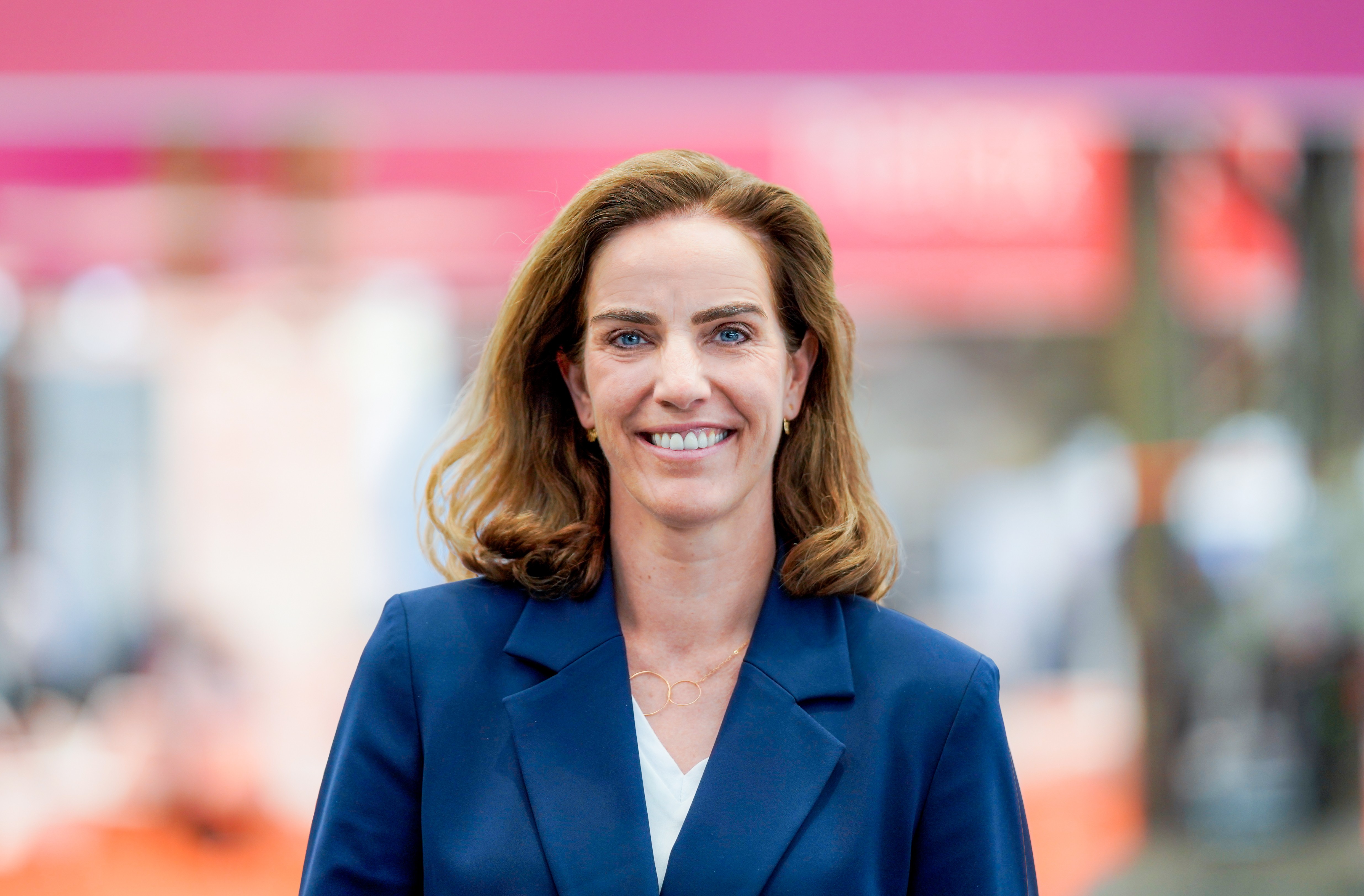On this International Women’s Day, we celebrate our Executive Board member, Christel Constant, the driving force behind Unite’s Marketing, Sales and Customer Success. Christel consistently pushes us to prioritise our customers’ needs and preferences in all our business operations. Her unwavering commitment to customer satisfaction has helped us build strong and lasting relationships in the industry. Beyond her professional achievements, Christel serves as an inspiration to many of us here at Unite as a shining example of what it means to be resilient, capable and compassionate. As we celebrate International Women’s Day, we extend our heartfelt gratitude to Christel and all the other women who have worked tirelessly to break down barriers and shatter glass ceilings in their respective fields.
What advice would you give someone interested in pursuing a leadership role?
Leadership is about people. As a leader, you must have a genuine interest in people, their qualities and purpose – to accompany them in their development and to help them become their best selves. And this is what makes us human. To achieve growth, we must identify the strengths and weaknesses that contribute or hinder personal and professional development. It also requires an understanding of our internal qualities and how others perceive us.
Knowing about yourself is therefore key to embracing a leadership role. People committed to their values and beliefs can weather difficult times and make tough decisions, knowing their core principles guide them. This process takes patience, as authentic and credible leadership stories are built over time and the road is paved with tough learnings as well as enlightening moments. When leaders consistently live out their values and beliefs, they become role models who motivate others towards a shared vision. Thus, relying on one’s values is essential for building trust and credibility.
How do you approach decision-making as a board member, and what steps do you take to ensure you make well-informed choices?
As a member of the Unite Executive Board, I’m required to tackle multiple interrelated challenges. In many cases, fundamental rethinking is necessary. But this is a collaborative approach as the voice of Unitees is important to me. There is a lot of wisdom and experience in our teams. I think of myself as a catalyst, like a chemical process used in photography to reveal the big picture. That’s how I approach my role and my decision-making, by asking questions.
Of course, there is also history to be considered. For instance, how the views of founders and stakeholders may have changed over the years. So, in a nutshell, making well-informed decisions involves analysing assumptions, revealing empiric knowledge, evaluating evidence and assessing conclusions. And I am lucky to be part of a board that encourages openness and candour which are the cornerstones of critical thinking.

How do you collaborate with other board members and senior leaders to ensure that customer centricity is a priority throughout Unite?
Unite has significantly influenced the digital e-procurement landscape in Europe due to our longstanding presence since the company’s inception in 2000, and by offering our marketplace in 12 European countries. Over the years, we have established strong and enduring professional relationships with buyers, suppliers and partners. Of late, the procurement market, supply chain processes and our customers’ needs have undergone massive changes. This trend is bound to continue due to increased volatility and uncertainty. As customer needs are changing, new problems will arise that must be solved. Therefore, customer centricity is vital to remain relevant in the market and to strengthen our relationships. At Unite, the customer remains the focal point of all decisions related to delivering products, services and experiences. And we constantly strive to understand the customers’ situations, perceptions and expectations. It’s a mindset that requires empathy and collaboration.
What advice would you give to organisations that want to establish a more diverse, equitable and inclusive (DE&I) workplace, and how can they begin the process?
What you measure, you can improve. Therefore, identify your baseline and understand the status quo before strategising. One of the important things to pay attention to is the gender and demographic makeup of your organisation: has it become more diverse, or is it representative of the local community? The benefit of a diverse workforce goes beyond the walls of an organisation and is vital towards building a more equitable and productive society. As a leader, I’ve experienced the richness of diverse teams, be it gender, culture, age or background. It’s a step-by-step culture change moving forward.
At Unite, we’ve recruited more than 50% women across all departments. We’re trying harder to recruit more women in IT. Our leadership circle is composed of 30% of women and growing. Although we’re a German organisation, 22% percent of our staff is comprised of people from 40 nationalities. And age-wise, we bring together the complementarity of experiences with a well-balanced age pyramid, fostering intergenerational collaboration and mentorship opportunities to enhance the growth and development of our employees.
However, it is crucial to understand that creating an inclusive culture requires more than hiring diverse employees. It involves actively creating a work environment where everyone feels valued and respected, regardless of their differences. One of our core values at Unite is diversity: everyone is unique, and we appreciate that our employees’ differences make us stronger, more innovative and better equipped to address the challenges of the future.

Unite signs the German diversity charter
Unite supports an unbaised and appreciative work culture and is a signatory of the German Charte der Vielfalt, which promotes the recognition and integration of diversity in business culture.
